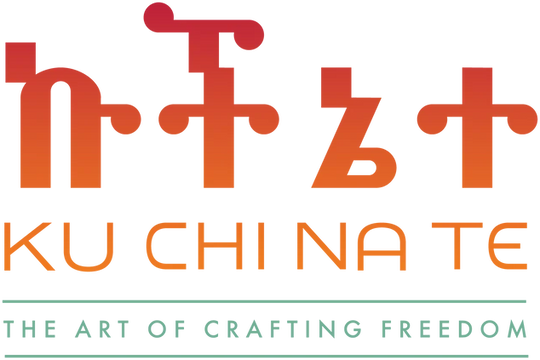Asylum Seekers in Israel
Since 2007, there has been a large influx of asylum seekers from African countries into Israel. The majority of them migrated to Israel via the Egyptian Sinai. An alarming number of asylum-seeking women are survivors of human trafficking and torture (including sexual violence) during their flight through eastern Sudan and the Sinai Peninsula. The consequences of these experiences for women include unwanted pregnancies, physical trauma and psychological distress. Trauma en-route to Israel exacerbates the difficulties of being an asylum seeker in Israel. In the case of trafficking they typically paid exorbitant ransoms in order to be released.
Due to these harrowing migration experiences, many asylum-seeking women continue to face severe psychological and physical health concerns. Once they arrived in Israel, they were detained at the border in over-crowded facilities. Eventually, they were released and shuttled to southern Tel Aviv to fend for themselves. Politically and economically marginalized in Israel, asylum seekers' access to basic services such as health care, housing, education, vocational training and employment ranges from very limited to none at all. It is in southern Tel Aviv where their fight for survival began.
Today there are over 30,000 African asylum seekers in Israel, the majority of whom are from Eritrea and Sudan, that suffer dictatorial and genocidal regimes. Since the beginning of their arrival in 2007, the Ministry of the Interior’s response towards asylum seekers has become increasingly restrictive. In 2012, the first of five amendments to the Anti-Infiltration Law (a law deeming all who enter Israeli territory to be ‘infiltrators’) was passed. As a result of this change in policy, a fence was built along the Israeli-Egyptian border. Simultaneously strict containment policies were developed leading to the detention of many asylum seekers for indefinite periods of time.
Two central detention facilities were established for this population and later closed by the order of the Israeli Supreme Court: (1) Holot, that closed in March 2018 after 4 years of operation and where thousands of people were jailed for various time periods; and (2) Saharonim, where asylum seekers were sent for three months upon their arrival to Israel. Since the rate of entrees of asylum seekers to Israel dropped to 1-2 a year, the facility was no longer needed. Subsequent amendments have authorized the deportation of the asylum-seeking population to Third World countries that have been rumored to be Uganda and Rwanda. These policies have and continue to be challenged in Israeli courts by human rights groups in Israel.
These policies had and continue to have a huge impact on the lives of all people in these communities. Temporary status applies to all infants and children of asylum seekers, including those who were born in Israel. While this group protection allows asylum seekers to remain in Israel until their homes are deemed safe for return, it does not allow them to work formally nor does it allow them access to basic social welfare services afforded to officially recognized refugees, citizens and permanent residents.
Although some asylum seekers have been able to make a living by working in the informal work sector, it is still not sufficient to meet their daily needs. As a result, many continue to struggle each day. This fight for survival is particularly acute for asylum seekers with physical or mental disabilities, for those who have family members with special needs, and for single mothers.
Partly due to the pressures of life in Israel, many women face gender-based violence. This violence includes sexual assault perpetrated by men within and outside of their communities. Many women found and continue to find themselves alone.

